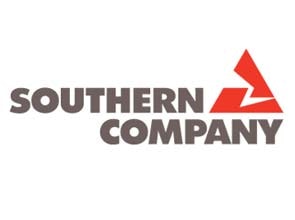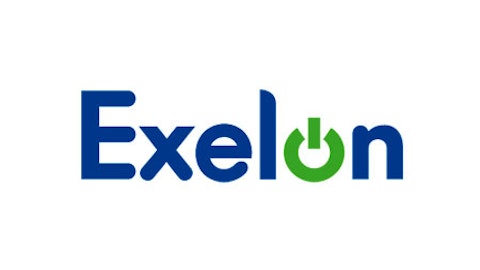I’ve made no secret of the fact that if there is a dividend bubble in the market, it seems likely that this bubble rests squarely above the utilities industry. While it’s true that utilities offer yields that are far superior to many other seemingly “safe” investments like CDs and bonds, they are not without risk. It seems that these stocks are being bid up to their current prices based on yield alone. However, if you want exposure to a utility stock in your portfolio, one of the best options might be The Southern Company (NYSE:SO).

Utilities have long been bought to add safety and yield to a portfolio. However, in the current environment, I can’t help but hear Peter Lynch in the back of my mind. He mentioned that before the 1987 stock market crash, some slow growing companies were trading for 10 or 15 times earnings, yet they were only expected to grow EPS by single digits. He went on to say, that in his view a company’s stock should trade at a P/E ratio equal to their expected growth rate. He also said when slow growing companies are trading for growth stock multiples, investors need to be cautious. Tell me if any of this sounds familiar?
Today’s market holds several utilities in high regard, and their shares trade for P/E ratios reserved for faster growth companies. For instance, Southern Co. trades for a forward P/E ratio of 15.81, Duke Energy Corp (NYSE:DUK) trades for 15.8, Consolidated Edison, Inc. (NYSE:ED) sells for 14.8 times earnings, and Exelon Corporation (NYSE:EXC) still trades for over 12 times earnings. With analysts calling for negative growth at Exelon, to mid-single digit growth (4.86%) at Southern Co., these companies aren’t expected to set the world on fire. The bottom line is, these stocks are not traditionally cheap, and investors need to know what they are paying for.
The Yield Is Top Notch
For all of this caution, there is some good news at least for Southern Co. investors. First, the company pays the highest “safe” yield of the group. I know that Exelon investors are crying foul right now, but notice I added the word “safe” to my description of Southern Co.’s yield. Like it or not, there is a dark cloud hanging over Exelon today.
Exelon’s CEO Christopher Crane said that the company might, “revisit our dividend policy.” He specifically mentioned that pricing would need to play out the way the company expected. If pricing did not come in according to expectations, the dividend could be at risk.
With Exelon effectively removed from the conversation, this leaves Southern Co.’s yield of 4.49% at the top of the heap. Duke is very close behind at 4.44%, and Consolidated Edison pays 4.27%. These yields might sound interchangeable, until you realize that these companies have very different growth rates.
Better Growth And Margins Too
While an expected growth rate of 4.86% doesn’t sound like much, in light of 2.4% or 2.95% growth, I’ll take it. Unfortunately, Exelon shareholders are knocked out of this comparison, as analysts expect the company’s earnings to shrink in the next few years. Southern Co. is expected to grow earnings by 4.86%, Duke is expected to post growth of 2.95%, and Consolidated Edison is expected to grow by 2.4%.
Southern Co. has an advantage in the industry that their revenue stream is diversified. The company reported that retail fuel sales were down 9.62%, but retail non-fuel sales increased 4.46%. In addition, the company’s wholesale revenue increased 5.61%. This diversity should help Southern Co. deliver on analyst expectations for growth. All things being equal, Southern Co.’s faster earnings growth should allow the company more flexibility to increase their dividend at a better rate than their competition.
When it comes to Southern Co.’s margins, they beat the majority of their competition by this measure as well. In the current quarter, Southern Co.’s operating margin came in at 21.98%, which was a vast improvement over last year’s margin of 15.94%. By comparison, Duke’s operating margin was just 16.04% and Exelon did even worse at 9.19%. Of the four companies, only Consolidated Edison reported a better operating margin at 24.72%.
How Should Investors Play The Stock?
To invest in Southern Co., one way to lower your average cost would be to dollar cost average into the shares. Using this strategy, you should get a lower average price from buying more shares when they fall, and less shares when they rise.
The most important key to owning Southern Co. would be to reinvest dividends. This allows your dividends to buy additional shares, which both lowers your effective cost basis and raises your yield.
If you use these two investment theories, you should gain a higher yield at a lower cost over time. While the risk is still real, that short-term rates could rise and Southern Co. and other utilities could fall in price, this strategy should lessen this risk somewhat. If you want exposure to the utility industry, Southern Co. might be the best of this bubbly group of stocks.
The article The Best Of The Bubble Stocks originally appeared on Fool.com and is written by Chad Henage.
Copyright © 1995 – 2013 The Motley Fool, LLC. All rights reserved. The Motley Fool has a disclosure policy.





